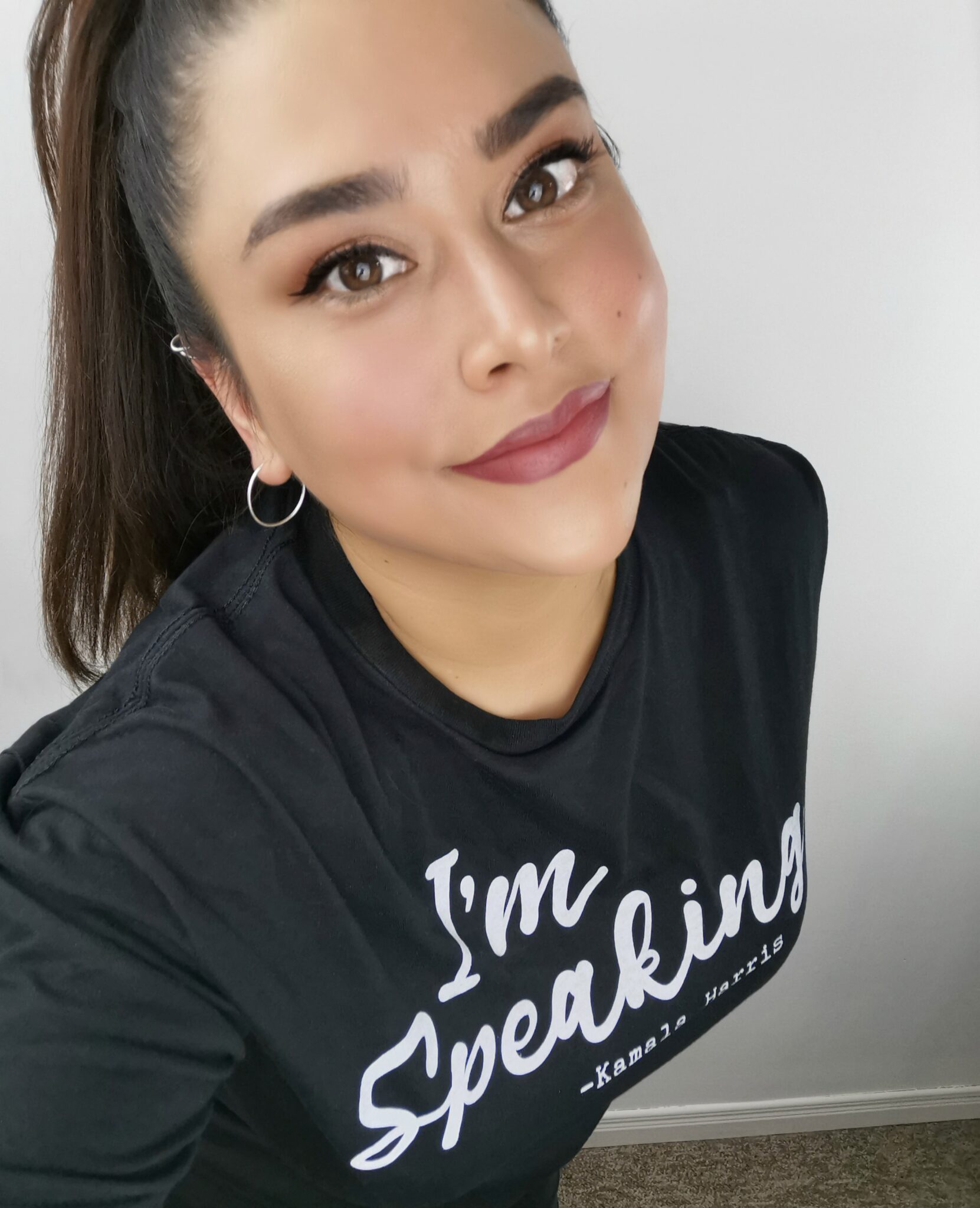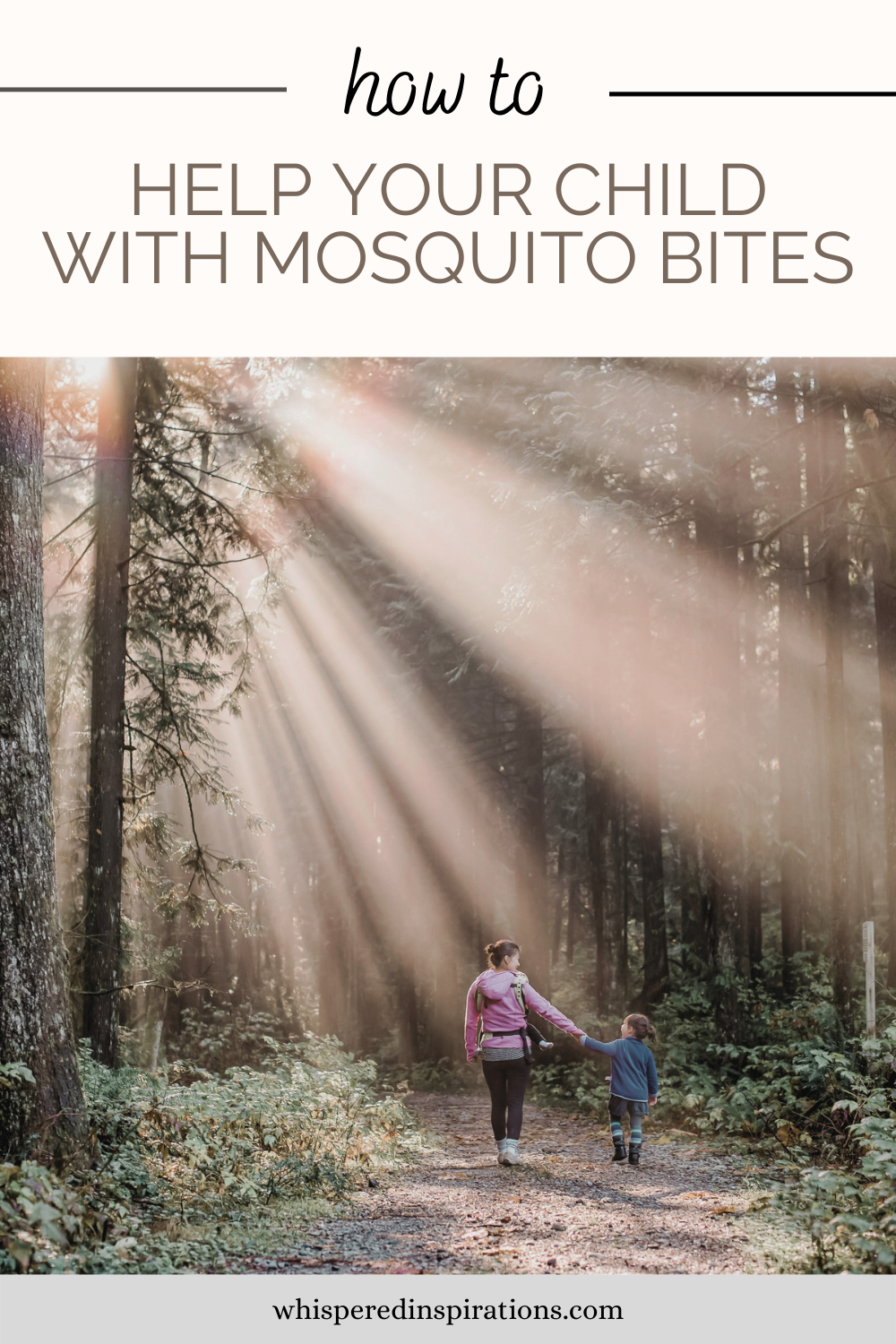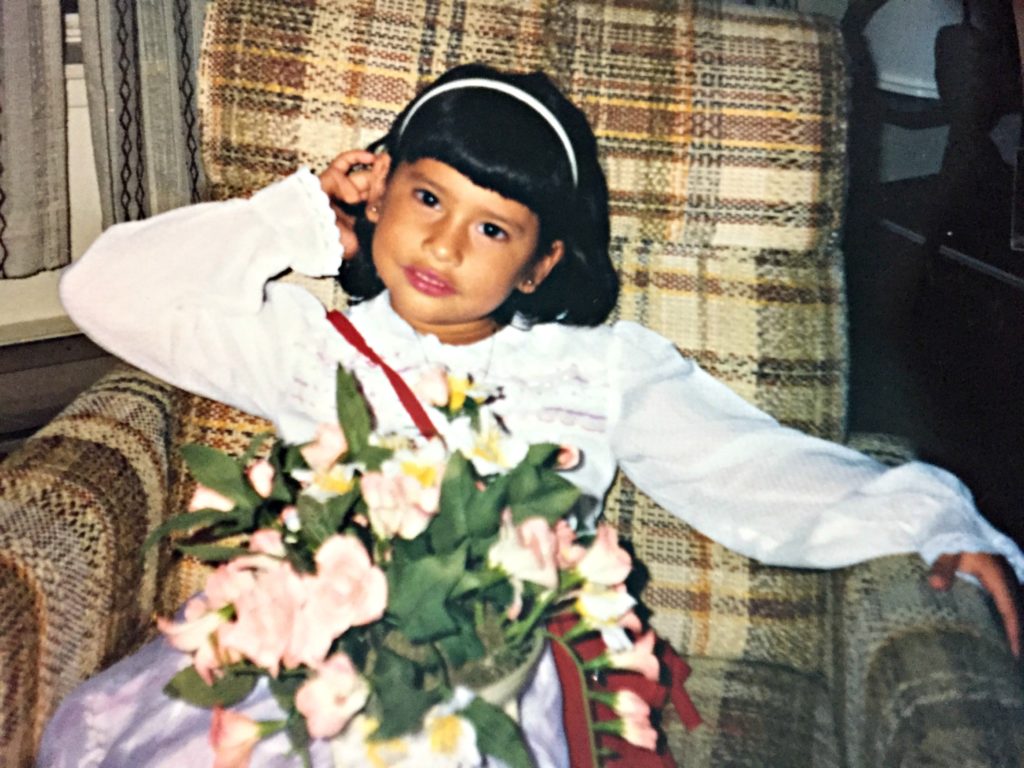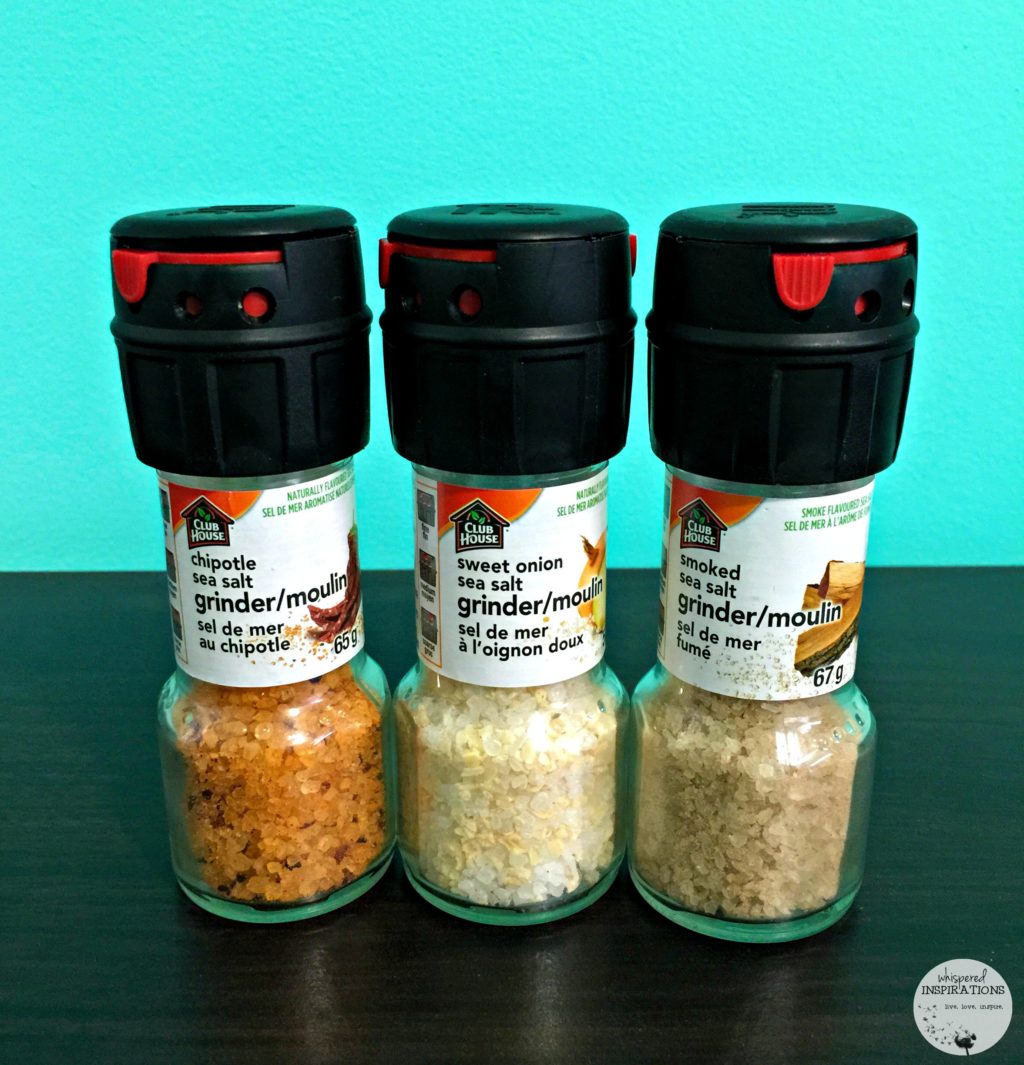How to Help Your Child Cope With Mosquito Bites

How to Help Your Child Cope With Mosquito Bites
Mosquito bites are among the most irritating insect bites in children and adults. With children, it gets worse since they can react differently to the bite and sometimes develop illnesses.
Children need to be handled with care since they may not fully comprehend the situation.
Even adults can struggle with mosquito bites; the itchiness, the redness, and the swelling can all be too much.
But, imagine how a child feels when they’re trying to understand what’s happening to their body. Parents need to be patient and help their children cope with mosquito bites.
Before settling on creams and other solutions, you might want to ensure you treat a mosquito bite and not any other insect attacks.
A good idea is to avoid them in the first place by making sure you aren’t leaving still water sitting on your property and by having experts like Waynes mosquito control in Birmingham, come in and help you get them under control.
In this article, we will discuss the symptoms of a mosquito bite, how to help your child cope with mosquito bites, and the different treatments available.
Watch Out for These Symptoms
Typically, a little bump develops very fast following the mosquito bite. Soon after, it might turn pink or reddish, which might be more conspicuous and darker in a day or two.
Naturally, it will begin to itch when your baby’s body responds to the enzymes in the insect’s saliva.
CDC notes that youngsters may be more susceptible to experiencing more adverse reactions to insect bites.
This could result in more significant inflammation of the affected region and, in most cases, blistering.
In more severe instances, your baby may develop swollen lymph nodes, which a mild fever may accompany.
At this point, you should be very careful with over-the-counter remedies. Additionally, certain other types of bug bites might closely resemble mosquito bites in appearance.
You might not be able to tell if the swollen or red lump is the resultant effect of mosquitoes or another insect unless you witness the offending creature.
That could involve insects like fleas or chiggers, whose bites are also extremely itchy.
The small red point in the middle of the lump, which may resemble a rash or a blister, can often be used to identify chigger bites, differentiating them from mosquito bites.
Although they frequently appear in clusters or lines, bedbug bites are also red and itchy. This makes them easy to identify.
Remember that a mosquito bite is not likely to hurt in most cases. An unpleasant bite could be the consequence of a sting, possibly from a wasp or bee.
In addition to the unpleasant pimples that horsefly stings can produce on the skin, ants are well known for their severe bites.
Below are proven ways to get rid of mosquito bites.
Use Organic Sprays
Compared to other pesticides and insecticides, these are better and safer. Thanks to a potent combination of essential oils, including lemon eucalyptus, lemon, mint, and menthol.
Natural sprays can fend off mosquitos and provide the best method of how to get rid of no-see-ums bites.
Once sprayed, they might offer protection for several hours. You may avoid getting no-see-um bites all year long by using these natural sprays to keep them away from your home or yard.
Use Appropriate Clothing
Wearing more clothing to shield the exposed areas is your best chance if you dislike using insect repellent to safeguard yourself from mosquitos and no-see-um attacks. Especially while you are traveling, fishing, playing golf, or simply lounging in your neighborhood.
Your primary battle attire in the open will be long-sleeved shirts and jackets, socks, trousers, and headgear.
Treating Your Child’s Mosquito Bites
When it pertains to insect bites, the itch is actually the problem. Most folks have to endure a few bothersome and irritating periods of itching.
But with infants and small children, that can be difficult. They’ll feel the urge to keep touching and scratching the mosquito bite regions.
You’ll be doing your best to discourage them from scratching so that they don’t unintentionally rip the bitten part open and perhaps spread illness.
There are several things you can do as a result. Give your youngster a cuddle and reassure them that everything will be fine before you begin.
Use mild lukewarm water to wash the affected area gently, then pat it dry.
Then, choose one of these methods to test its efficacy:
Moist Compress
Your child’s bite should be treated with a cold, moist compress. Apply a cream containing 1% hydrocortisone to the area.
The steroid-containing lotion should momentarily lessen or even stop the irritation.
Administer this compress to your baby’s skin three times daily until the bite is healed or the itching subsides.
Use Baking Soda Paste
Mix baking soda with water and use it on the affected areas several times daily.
One warning: You wouldn’t want your child’s fingers to get smeared in the used cream. Since, as we all know, they’ll end up in their mouth, which has other adverse effects on their health.
To prevent your child from accessing the cream or paste, you might need to cover the surface with a piece of cloth after applying it.
Try an Oatmeal Bath
Oatmeal is an excellent itch reliever, so an oatmeal bath might do the trick. Add one cup of colloidal oatmeal or one cup of regular oatmeal to your bathtub and let your baby soak in it for ten to fifteen minutes.
Make sure the water isn’t too hot, and you might need to help your little one in and out of the tub. After the bath, apply a moisturizer to your baby’s skin to keep it from drying out.
Use Natural Oils
Lavender oil, chamomile oil, and calendula oil have all been shown to be quite effective in soothing mosquito bites. You can purchase these oils at health food stores or online.
To use, apply a few drops of the oil to the mosquito bite several times a day. You may need to dilute the oil with a carrier oil such as olive oil or jojoba oil before applying it to your baby’s skin.
Give Your Child a Break
If your child is still scratching despite your best efforts, it might be time to give them a break. They might need some time to calm down and stop thinking about the itch.
Distract them with a favorite toy or book, or take them outside to play.
If all else fails, you might need to let them scratch for a few seconds, then quickly redirect their attention. Children are often more cooperative when they feel like they’re in control.
Treating Mosquito Bites in Babies
With infants, you’ll need to be especially careful since their skin is more delicate. You should avoid using essential oils, as they might be too harsh for your baby’s skin.
You might also want to avoid using hydrocortisone cream on infants under two months old. If you’re unsure about using any of these methods, check with your child’s pediatrician before proceeding.
In general, you’ll want to take a gentler approach with infants. A cool, wet compress might be all you need to soothe your baby’s mosquito bite.
You can also try giving your baby a short, lukewarm bath. Add a few tablespoons of baking soda to the bathwater to help soothe your baby’s skin.
After the bath, apply a gentle, unscented moisturizer to your baby’s skin to keep it from drying out.
To Sum Up: How to Help Your Child Cope with Mosquito Bites
There are several ways to treat mosquito bites in children. The best approach will depend on your child’s age and the severity of the bite.
In most cases, a cool, wet compress will help soothe your child’s skin. You can also try using a baking soda paste or an oatmeal bath.
If your child is scratching the bite, you might need to distract them with a favorite toy or take them outside to play. You can also try using a natural oil such as lavender oil or chamomile oil to help soothe the itch.
You May Also Like:
- When To Visit Ireland To Get The Most Out Of The Emerald Isle
- 5 Tips For Protecting Kids Who Play Sports
- 5 Fun Outdoor Play Ideas That Nurture Imagination and Learning
- The How-To Cookbook for Kids: 50 Easy Recipes to Learn the Basics
If your child is still scratching despite your best efforts, it might be time to give them a break. They might need some time to calm down and stop thinking about the itch.
If you’re unsure about using any of these methods, check with your child’s pediatrician before proceeding.
Do you have any additional tips on how to help your child cope with mosquito bites?
Let me know, til then—cheers m’deres!

PIN FOR LATER:

Nancy Polanco is a freelance journalist, lifestyle content creator, and editor of Whispered Inspirations. She is a proud Mom to Gabby and Michaela and partner and best friend to Darasak. Having worked as part of a health care team for almost a decade, Nancy is happy to be back to her passion. She is a contributor to the Huffington Post, TODAY’s Parents, and an Oprah Magazine Brand Ambassador.





